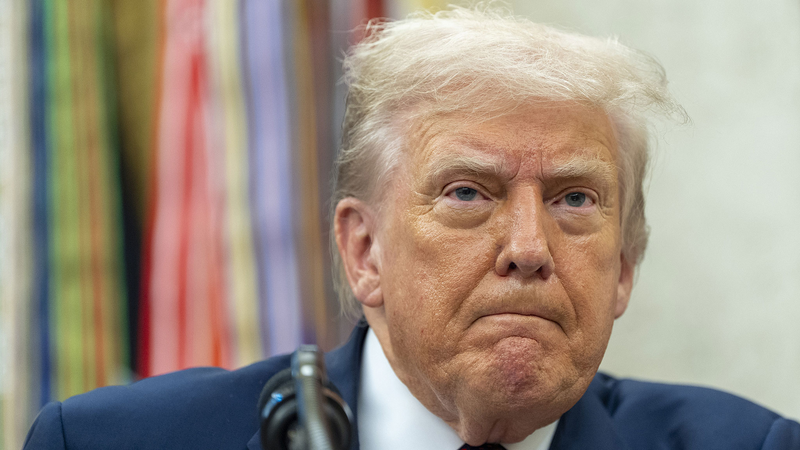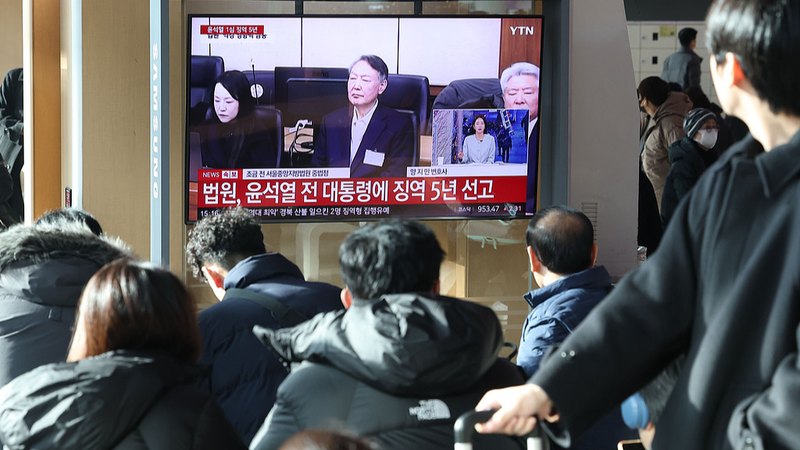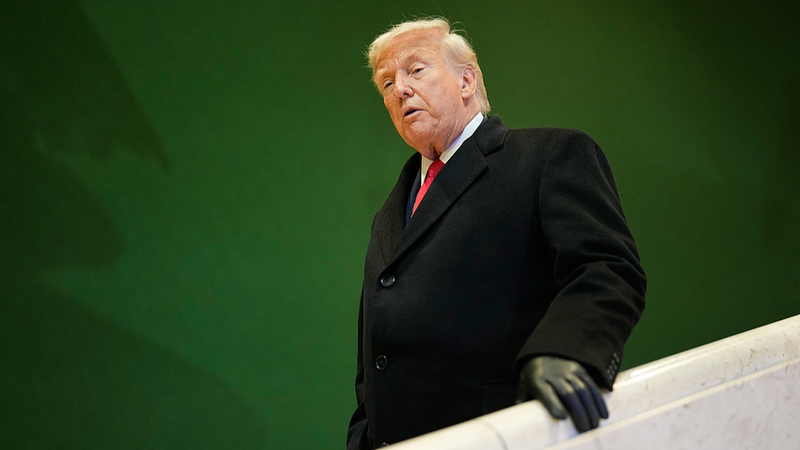U.S. President Donald Trump’s surprise announcement of a 100% tariff on all non-U.S.-made computer chips is sending ripples through the tech world 🤯. While giants like Intel and Nvidia (and even Samsung and TSMC, thanks to their U.S. factories) are seeing stock bumps, smaller players in South Asia, Southeast Asia, Europe and beyond are left scratching their heads.
Limor Fried, founder and engineer at Adafruit Industries, summed it up: 'We are still waiting for official guidance.' Adafruit, a New York-based maker, sources chips via U.S. distributors and directly from the Philippines and Taiwan region. If those parts aren’t exempt, their design costs could skyrocket 💸.
Here’s the breakdown:
- 100% tariff = double the cost if you’re not building in the U.S. 🇺🇸
- Big semicon names with U.S. fabs get a clear win 👍
- Small and mid-size producers face major uncertainty 😬
Europe’s Infineon, which supplies chips to automakers, stated it can’t speculate on the impact without official docs. And that’s the challenge: until the White House releases detailed rules, everyone’s in a holding pattern, adjusting prices on the fly and watching for the next move.
For young tech entrepreneurs and early pros across South Asia and Southeast Asia, this could mean design budgets might stretch thinner, delivery timelines could lag, or you might see pricier gadgets hitting the market soon. Stay tuned, keep an eye on official updates, and think local—partnering with nearby fabs and distributors might be your best hedge against rising import costs 🇮🇳🇸🇬🇵🇭.
What’s your take? Will tariffs spark a shift toward regional chip hubs? Drop your thoughts below! 👇
Reference(s):
Trump's planned 100% computer chip tariff sparks confusion among firms
cgtn.com




